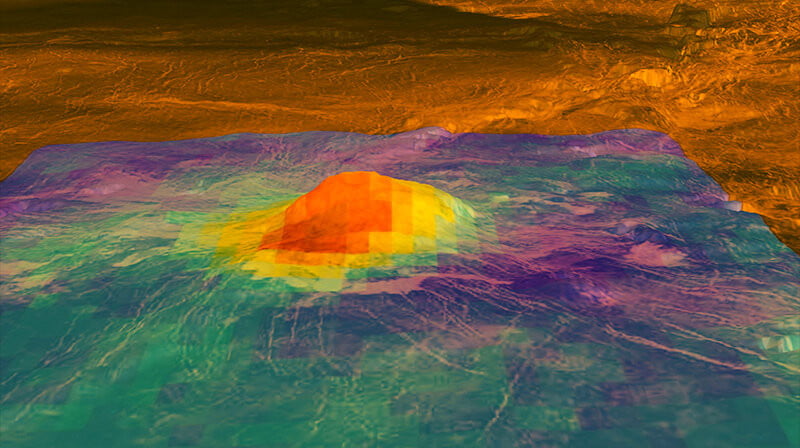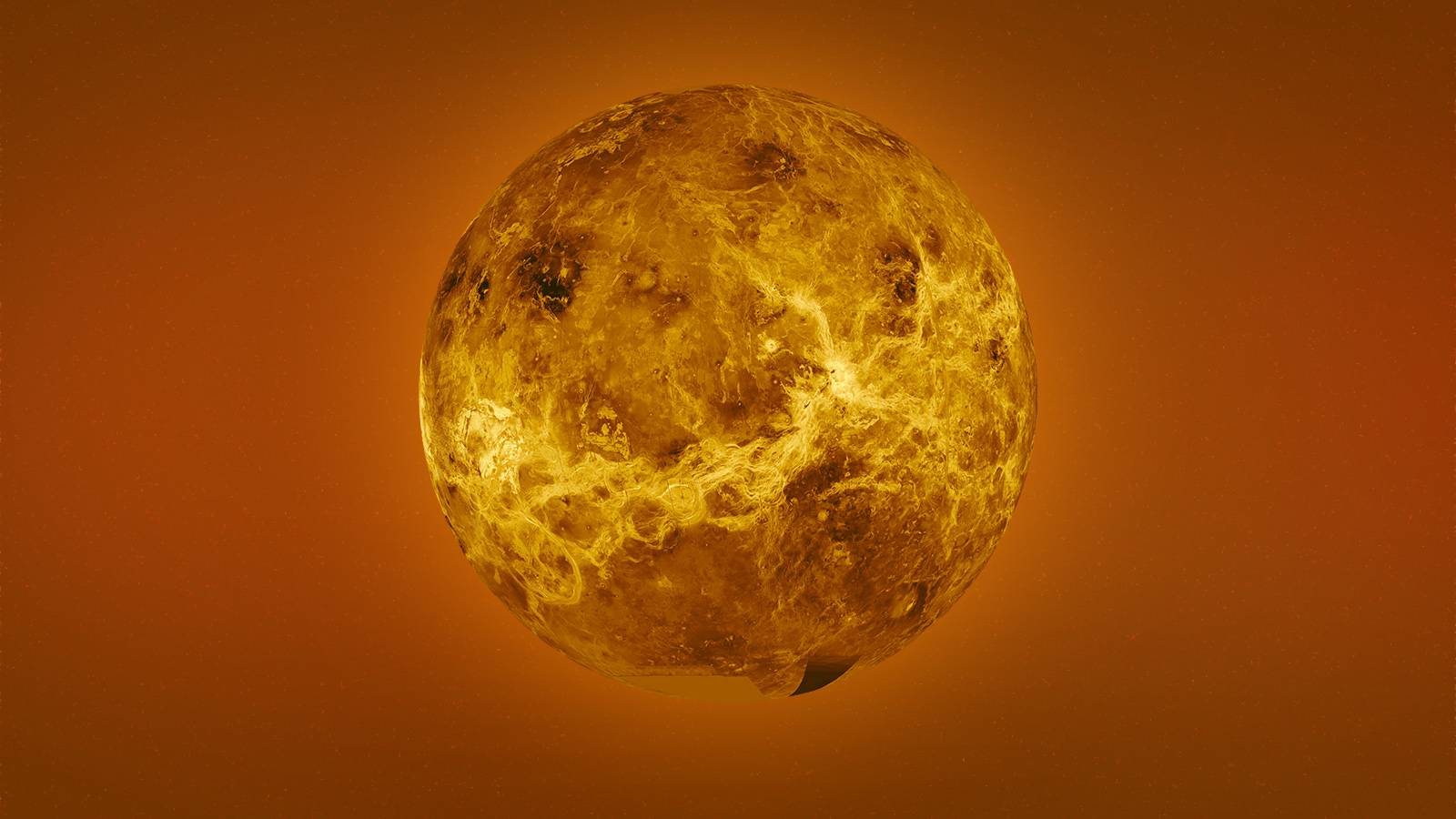Planeta Venus are parte de o descoperire incredibila facuta de catre cercetatori, ei dezvaluind faptul ca ea se asemenea intr-un mod unic, pentru sistemul nostru solar, cu Pamantul. Conform cercetatorilor, planeta Venus este singura din sistemul nostru solar care are vulcani activi la suprafata, insa avand in vedere cat de departe este aceasta de noi, e destul de greu de monitorizat activitatea acestora, sau macar numarul lor, dar toate se vor schimba in viitor.
Planeta Venus a fost vizitata in anii ’90 de catre o nava spatiala numita Magellan, iar aceasta a dezvaluit pentru intreaga omenire faptul ca suprafata de acolo este acoperita de vulcani si lava foarte fierbinte. Problema este ca pana acum nu s-a stiut daca acei vulcani de pe planeta Venus sunt activi, sau nu, insa cercetatorii au reusit sa confirme acum faptul ca inca exista activitate vulcanica, aparent destul de mare, pe suprafata de pe planeta indepartata.
Planeta Venus: Descoperire INCREDIBILA, Felul UNIC in care Seamana cu Pamantul

Planeta Venus este singura din sistemul solar care are vulcani activi pe suprafata sa, exact ca Pamantul, insa nu este singura care are vulcani, cercetatorii crezand ca exista unii sub suprafata de pe planeta Marte. Planeta Pluto este una care ar avea deasemenea un tip diferit de vulcani, mai exact vulcani de gheata, sa cum ii numesc cercetatorii, ei aruncand apa in atmosfera, aceasta inghetand de indata ce intra in contact cu temperaturile foarte mici.
„Dacă Venus este într-adevăr activ astăzi, ar face un loc minunat de vizitat pentru a înțelege mai bine interioarele planetelor. De exemplu, am putea studia modul în care planetele se răcesc și de ce Pământul și Venus au vulcanism activ, dar Marte nu. Misiunile viitoare ar trebui să poată vedea aceste fluxuri și schimbări în suprafață și să furnizeze dovezi concrete ale activității sale. “
Planeta Venus are temperaturi foarte mari la suprafata sa, si din moment ce multa este acoperita cu lava vulcanica, e extrem de dificil ca vreun robot sa fie trimis acolo pentru a o analiza indeaproape. Avand in vedere aceasta descoperire, n-ar fi exclus ca NASA sa trimita noi sonde spatiale catre planeta Venus pentru a putea oferi mai multe informatii cu privire la ceea ce se ascunde pe suprafata, sau sub suprafata, corpului cosmic atat de fierbinte.
Planeta Venus este a doua planeta de la soare, deci activitatea vulcanica de acolo e cel mai probabil influentata si de apropierea extrem de mare fata de steaua care incalzeste intregul nostru sistem solar zi de zi.






















